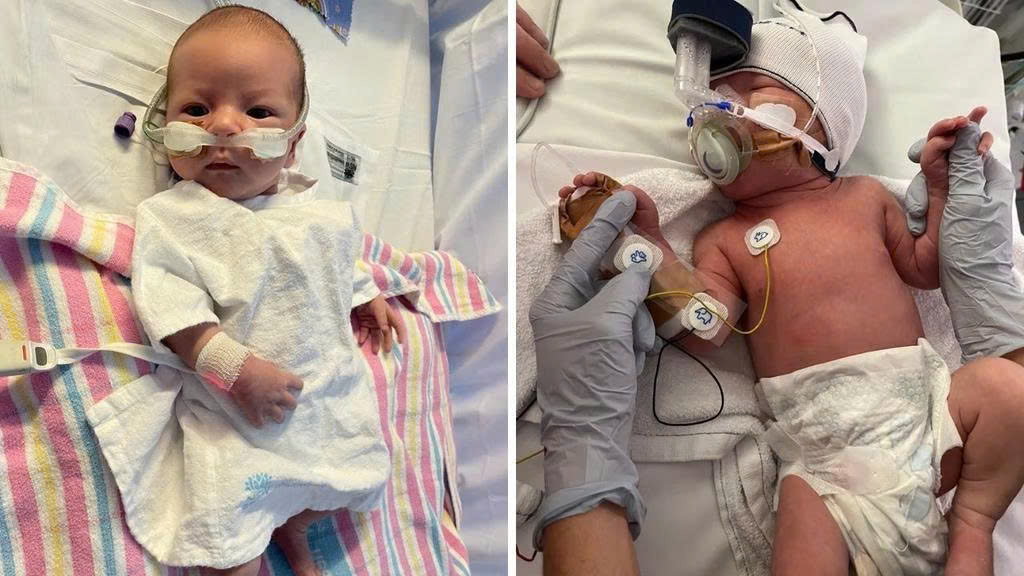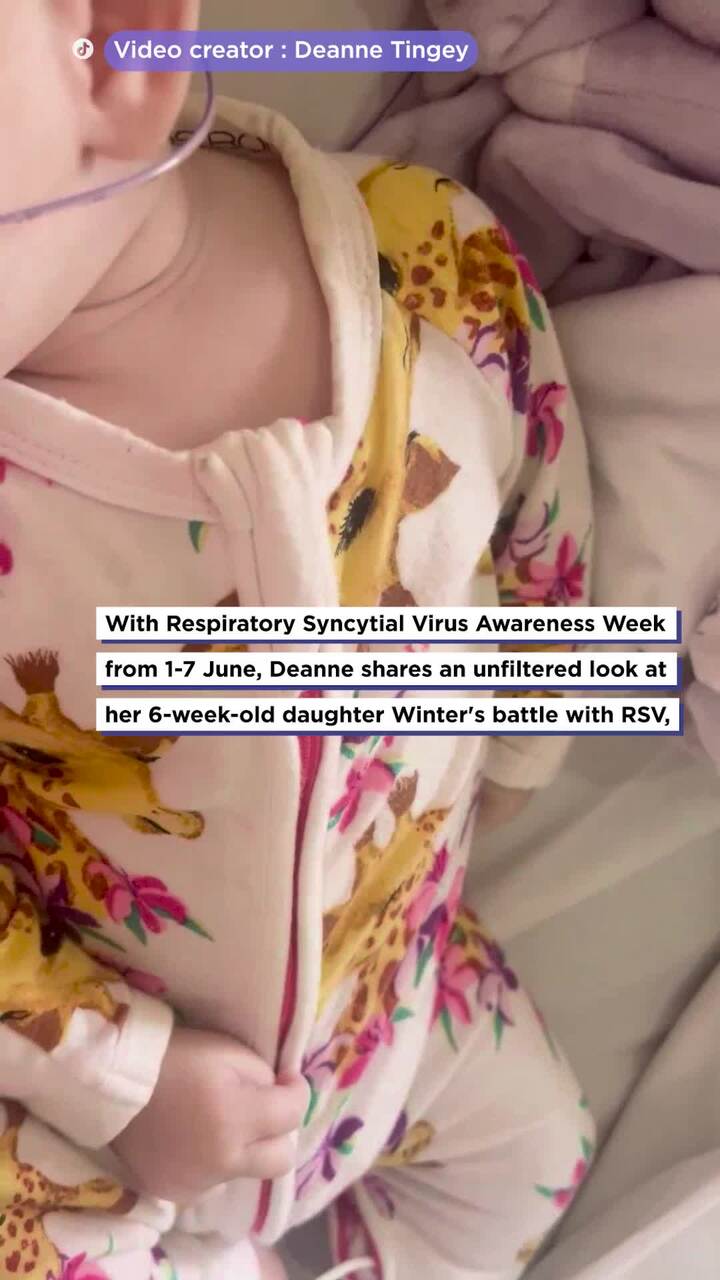Experts alarmed as maternal vaccination rates slip
Advocates say no baby should start life in an emergency ward instead of their mother’s arms.
Leading health experts across Australia are calling for a national response to an alarming trend emerging among expectant mothers and their babies.
New data show that maternal immunisation rates have been slipping, leaving more pregnant women and infants unprotected.
The Maternal Immunisation in Australia whitepaper, developed by Biointelect, reveals that the drop has coincided with a spike in serious illnesses, including whooping cough and measles, which pose significant risks to newborns and their parents.

Experts are worried about a dip in vaccine rates for pregnant women in Australia. Picture: Supplied
Want to join the family? Sign up to our Kidspot newsletter for more stories like this.
“Separated from family for 15 days”
Rochelle Oei-Hicks, a mum and general practitioner, knows better than most the importance of vaccination.
But despite her medical background, the mother from NSW’s Orange missed one crucial vaccine.
Dr Oei-Hicks walked out of the hospital’s maternity ward with her baby in her arms, only to return with him to the emergency room 12 days later as he struggled for breath.
Her newborn son spent more time in a hospital bed fighting RSV (Respiratory syncytial virus) than he had been alive.
“If I could, in hindsight, have gone back and paid that $300, maybe we wouldn’t have had to be separated from family for 15 days. I wouldn’t have had to watch on as Zach was on a respiratory machine for support to breathe,” Dr Oei-Hicks told news.com.au.
“It definitely wasn’t the maternity leave I had hoped for or expected.”
That $300 was for an RSV vaccination she had not even been aware of. It hadn’t been publicly funded and only available privately.
Although it was recommended from 28 weeks of pregnancy, it was only mentioned to her after her son Zach was admitted to the hospital with RSV.
At just 12 days old, Zach was taken to the emergency room and placed on respiratory assistance.
“I think as mothers sometimes we don’t want to be that overly anxious parent, but I also didn’t want to be that doctor mum that let their child deteriorate at home because I thought, ‘Oh, this looks okay. We’ll just see what happens,” she explained.
Vaccine rates have dropped over the years sparking concerns for babies. Picture: Supplied
“Vaccine hesitancy”
It’s understood that less than half of Australian women who are pregnant receive both the recommended influenza and pertussis (whooping cough) vaccines.
Last year, Australia saw 57,000 cases of whooping cough – the highest number since disease surveillance began in 1991.
Experts fear that the spike in illnesses, combined with lower vaccine uptake, could lead to more infants gasping for air.
Clinical midwife, Angela Brown, believes that lowered rates could be down to vaccine fatigue following the global coronavirus pandemic.
“There is some vaccine hesitancy post-Covid, there’s a little bit of misinformation that people have access to from friends, family and from the internet, so I think those sorts of factors impact it,” Brown told news.com.au.
But she also thinks it’s down to parents wanting the best for their babies, but not knowing how to get the access they need.
“I think just getting the right information out to women and families so that they’re actually able to make an informed decision about the best thing for them and their baby,” she explains.
It begs the question, if even a GP wasn’t aware, what hope does the general population have?
Dr Oei-Hicks had received all of her scheduled immunisations throughout the course of pregnancy, but the RSV vaccine wasn’t on her radar. She narrows that down to several reasons.
“In lots of conversations that I’m having with doctors and midwives, they’re not clear about what the guidelines are for the immunisations for expecting mothers,” she said.
“If we don’t know as health professionals, how are we supposed to convey the right information to the public?”
Many in the health industry are under-resourced, time-poor, and recommendations vary depending on the state you live in.
Dr Oei-Hicks believes there’s a systemic gap.
“We need to have a co-ordinated approach from federal down to the state governments so that we can improve access and ensure that we give the right information to health professionals, which can then be relayed to expectant mothers,” she said.
Ms Brown says that’s why the industry is calling out for national targets to protect the littlest of Aussies.
More Coverage
“We’re really keen to have some benchmarks,” Ms Brown said.
“What we really want is all health care providers that have contact with pregnant women being equipped to be able to provide that vaccination information. That way we can really sort of target everyone and make sure that no one slips through.”
For mothers feeling concern, confusion or apprehension, the advice is to speak to your health care provider.

